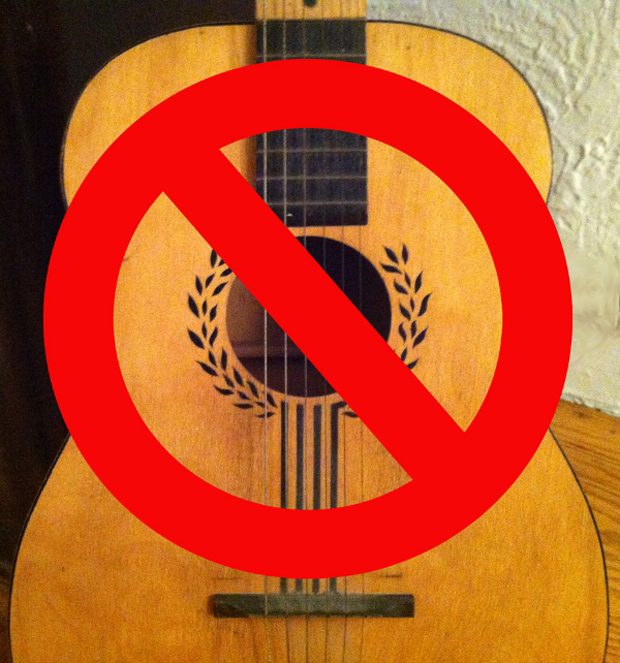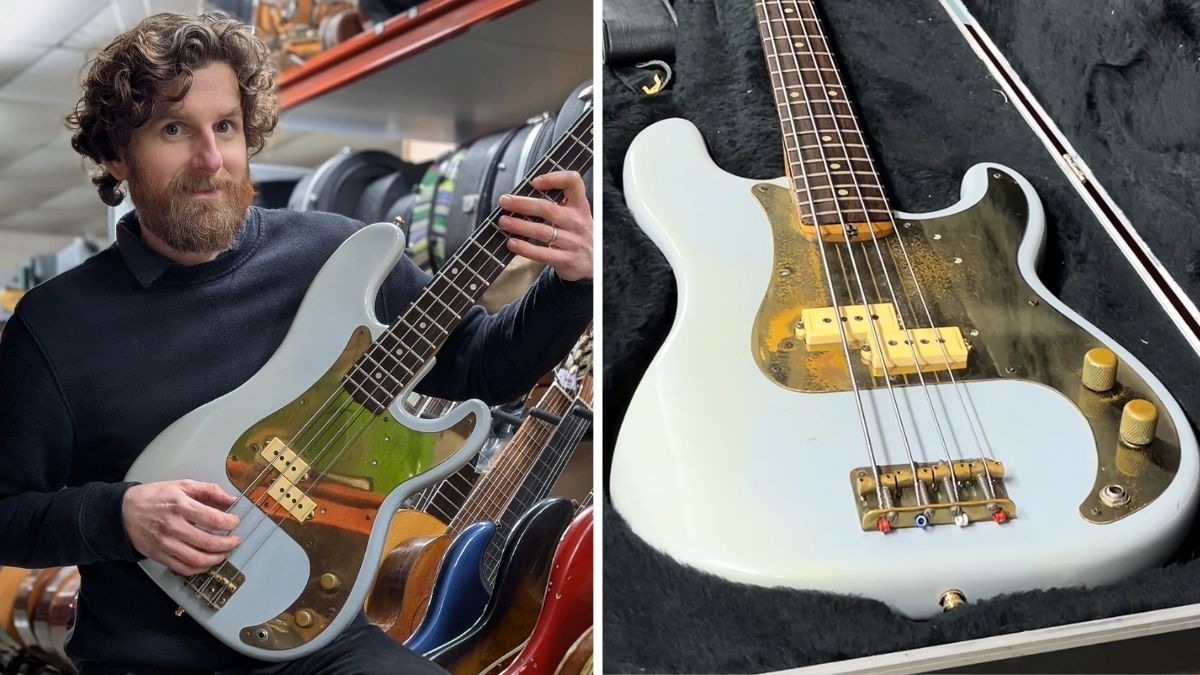Songcraft: A Cappella Songwriting
All the latest guitar news, interviews, lessons, reviews, deals and more, direct to your inbox!
You are now subscribed
Your newsletter sign-up was successful

As songwriters, we settle into our own individual writing processes.
Sitting at that piano late at night. Strumming that guitar, TV on mute and so on -- every process as unique and personal as the musical results they yield.
Yet the one thing these exercises hold in common is they all usually center around the use of an instrument. What if, just to change things up, we took that instrument out of the equation?
The McFerrin Method
Next time you decide to write, if only for experiment’s sake, leave the guitar in the case (I know, I know …this is Guitar World) and attempt to create something fresh, solely a cappella. Don’t worry, be happy; try embracing the fun and the freedom humming a melody or singing nonsensical words can provide.
If you think about it, a cappella composing (arguably the first form of songwriting) makes a lot of sense. When writing, as per usual, on your given instrument(s), you’re basically confined by the physical limits of that instrument and your skill level.
As such, in reality then, our voices and our brains are actually the most powerful/versatile instruments we possess. Think; if someone sang a melody line and asked you to repeat it, you could almost instantaneous sing it right back, even if you don’t consider yourself “a singer."
All the latest guitar news, interviews, lessons, reviews, deals and more, direct to your inbox!
Conversely, if you were asked to repeat same using your guitar, I’d bet most of us non-virtuoso types might take a beat or two transcribing said melody and getting it out from under our fingers. When it’s head vs. shred, the noggins trump every time. Why not harness some of that amazing, primordial brain power for songwriting?
Reverse Engineering
Once you’ve created some a cappella jams, take them back to your respective instruments. See where your scat singing journeys have taken you. Maybe you’ll find they’ve pushed you down some musical roads less traveled; an angular melody your fingers would never have played here or a cool change that feels foreign to your hands there. Hopefully a cappella writing will help you cultivate some interesting and surprising results.
Mark Bacino is a singer/songwriter based in New York City. When not crafting his own melodic brand of retro-pop, Mark can be found producing fellow artists or composing for television/advertising via his Queens English Recording Co. Mark also is the founder of intro.verse.chorus, a website for songwriters dedicated to the exploration of that wonderfully elusive activity known as songwriting. Visit Mark on Facebook or follow him on Twitter.
